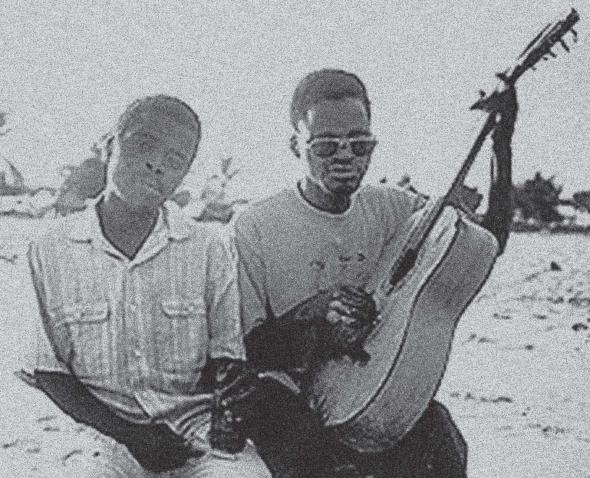Abderrahmane Sissako
Posts tagged with Abderrahmane Sissako
Archive
Author
- administrador
- adrianabarbosa
- Alícia Gaspar
- arimildesoares
- camillediard
- candela
- catarinasanto
- claudiar
- cristinasalvador
- franciscabagulho
- guilhermecartaxo
- herminiobovino
- joanapereira
- joanapires
- keitamayanda
- luisestevao
- mariadias
- marialuz
- mariana
- marianapinho
- mariapicarra
- mariaprata
- martacacador
- martalanca
- martamestre
- nadinesiegert
- Nélida Brito
- NilzangelaSouza
- otavioraposo
- raul f. curvelo
- ritadamasio
- samirapereira
- Victor Hugo Lopes
Data
- April 2025
- March 2025
- February 2025
- January 2025
- December 2024
- November 2024
- October 2024
- September 2024
- August 2024
- July 2024
- June 2024
- May 2024
Tags
- a guerra guardada
- Africa Book Centre
- afro-baiano
- colectivo Tás a Ver
- comemorações
- david brits
- Deserto do Namibe
- Drive In
- GONÇALO MABUNDA - Moçambique BRANISLAVA STOJANOVIC - Sérvia
- IBERCENA
- jantar africano
- Kimi Djabaté
- Luiz Camillo Osorio
- Oficina de Reparações
- pop
- René Tavares
- Suzana Sousa
- tchon di balanta tour na kau berdi
- video art
- Viseu
Most read
- AFROTOPIAS: artistas do pós-independência 17 Abril I Bruxelas
- 7th Queering Afro-Luso-Brazilian Studies Conference
- PÓS-MUSEU: 'A' de Ausência
- António Jacinto: Poeta e Guerrilheiro
- Uma Ecologia Decolonial - Conferência por Malcom Ferdinand
- Hanami, a primeira longa-metragem da realizadora Denise Fernandes, Cabo Verde
- Paisagens de Fogo: Uma história política e ambiental dos grandes incêndios em Portugal
- Curadoras macaenses da Bienal de Veneza apresentam nova mostra
- Programa de apoio à pesquisa das coleções fílmicas da Cinemateca Portuguesa-Museu do Cinema (2025)
- Lançamento do livro GAIA E FILOSOFIA de Lynn Margulis
 eng version
eng version 
